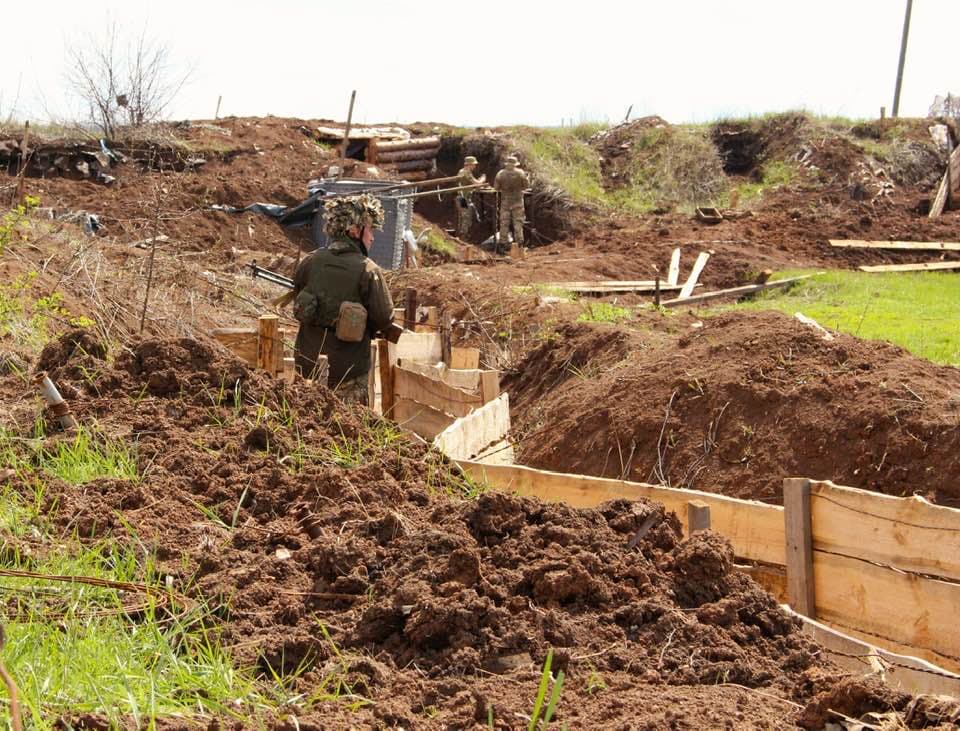Gyunduz Mamedov: Ukraine needs to strengthen effective prosecution of war crimes

France is now fully mobilized in the fight against impunity for the perpetrators of international crimes committed in Syria and throughout the world.
Recent legislative changes strengthen France's cooperation with the United Nations-mandated International, Impartial & Independent Mechanism (IIIM), which aims to gather and analyze evidence of international crimes in Syria to assist national or regional criminal proceedings, as well as international courts or tribunals.
It has just been passed by the National Assembly, the lower house of parliament, and will soon be submitted for the final approval by the Senate.
There are currently more than 40 cases in French courts aimed to bring to justice those responsible for war crimes and crimes against humanity committed in Syria. However, investigations are hampered by a lack of extraterritorial jurisdiction to prosecute Syrians living in France for war crimes committed back in their own country. At present, the provisions of the French Code of Criminal Procedure make it possible to prosecute foreign nationals residing or living in France for crimes committed in their country only if that state is a party to the Rome Statute.
War crimes and crimes against humanity cannot be subject to amnesty and have no statute of limitations. They should be investigated regardless of where they were committed - be that in Ukraine, Syria, or Iraq. And Ukraine should follow French example and seek mechanisms to bring to justice those responsible for war crimes and crimes against humanity.
Crimes committed in the context of the armed conflict in Ukraine are currently classified under separate articles of Ukraine’s criminal code and are subject to statutes of limitations. The absence of domestic legislation has been one of the key barriers in domestic accountability efforts. This needs to change.
A few key steps have already been taken. In 2019, Ukraine established a specialized Department for Supervision in Criminal Proceedings of the Crimes Committed in Armed Conflict. And soon Ukrainian law could soon strengthen effective prosecution of war crimes.
A bill adopted by Ukraine's government on May 20, 2021 aims to help authorities prosecute war crimes and crimes against humanity domestically. The law, On Amendments to Certain Legislative Acts on the Enforcement of International Criminal and Humanitarian Law, includes provisions on command responsibility, the statute of limitations for international crimes, and universal jurisdiction for international crimes. Ukraine's President Volodymyr Zelensky is about to sign it into a law, filling a critical gap in Ukraine’s legislation.
Currently, there are at least 20 French citizens involved in crimes in the occupied territories of Ukraine. The overall number of foreign nationals under investigation for crimes committed in the occupied Crimea and Donbas is about 250.
Ukraine must insist that war crimes and crimes against humanity, wherever they occur, including in the temporarily occupied territories of Ukraine, must be investigated following the principle of universal jurisdiction.
In Germany, it helped to sentence a Syrian former intelligence officer to life in prison in a case the UN rights chief said could lead to accountability for other perpetrators of the war’s “unspeakable crimes”.
In January, Anwar Raslan, a former colonel loyal to the regime who later defected and gained asylum in Germany, was deemed by the local court to have verifiably overseen the murder of at least 27 and torture of at least 4,000 prisoners at a detention facility in Damascus. It was the first case to find a senior official in the regime of Bashar al-Assad guilty of crimes against humanity.
A year before that, German court also sentenced, Eyad al-Gharib, a former low-ranking officer in the Syrian intelligence service to four months and six years in prison for aiding and abetting a crime against humanity.
Both Raslan and Gharib were tried under the legal principle of universal jurisdiction, which allows the prosecution of crimes in one country even if they happened elsewhere. This should become a practice for Ukraine as well.










